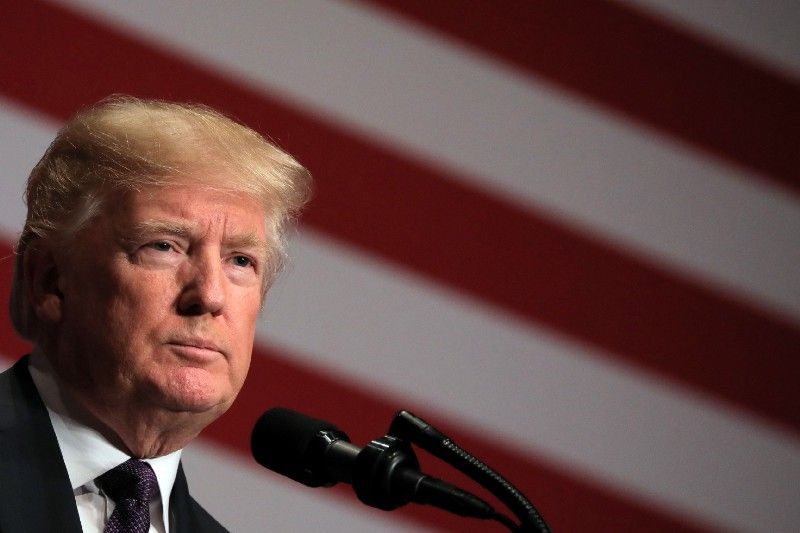December 19, 2017
President Trump’s National Security Strategy, released Monday, describes a world of great power conflict rather than cooperation, in which Russia and China are the United States’ “strategic competitors.” It stresses economic nationalism and strong borders, casts traditional alliances in a more transactional light, and reaffirms the US commitment to spreading democratic values.
No question the world is becoming more adversarial — have you been on Twitter lately you libtard/trumpkin/socialist/fascist/troll? — but the NSS raises a few key questions.
First — does Trump really believe this stuff? The strong China language squares with Trump’s scorching anti-Beijing campaign rhetoric, though he has taken a much softer tone with China since meeting Xi last April. But Trump’s open admiration for Putin undercuts the assertive tone about Russia, and his embrace of authoritarian leaders like Sisi, Erdogan, Mohamed bin Salman, and Duterte belies the democratic values spiel. Why does this matter? The NSS is meant to clarify the administration’s thinking on key issues. But if the #NSS differs markedly from @RealDonaldTrump, its utility fades fast, for friends and foes.
Second, “competing” with China really means two things: making the bilateral relationship fairer, and outmaneuvering China for influence over other countries. On the bilateral front, there’s a case for hitting China harder over unfair trade, industrial, and intellectual property practices, though risking a full-on trade war could actually hurt American consumers and companies.
But if Trump means to push back against growing Chinese influence elsewhere in the world, it’s hard to see how an America that is shunning multilateralism and spending less money abroad can compete with a newly assertive China that is creating its own new multilateral structures and throwing tons of cash around the world these days.
“America is in the game” Trump said on Monday, “and America is going to win.”
Well, game on.
More For You
- YouTube
It's one of the few sources Americans across the political spectrum still rely on.
Most Popular
Think you know what's going on around the world? Here's your chance to prove it.
America’s new National Security Strategy confirms what Europeans have feared for months: Washington now sees a strong, unified European Union as a problem to be solved, not an ally to be supported.
Sports inspire greatness, determination, and resilience — both on and off the field. Bank of America is proud to celebrate the achievements of and uplift communities through the power of sports. Learn more about how Bank of America supports athletes in life and in the game.
© 2025 GZERO Media. All Rights Reserved | A Eurasia Group media company.
